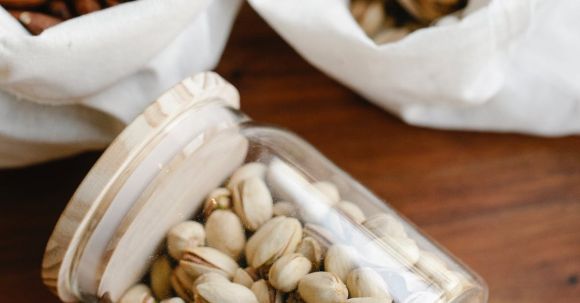The popularity of plant-based diets has been growing steadily in recent years, with more and more people choosing to adopt a vegetarian lifestyle. One concern that often comes up when discussing vegetarianism is the question of protein. Many people believe that it is difficult for vegetarians to get enough protein in their diet without consuming animal products. However, this is simply not true. There are plenty of plant-based protein sources that can provide all the essential amino acids that the body needs. In this article, we will explore some of the best plant-based protein sources for vegetarians.
Legumes: A Protein Powerhouse
Legumes, such as lentils, beans, and chickpeas, are a fantastic source of plant-based protein. They are not only rich in protein but also high in fiber, vitamins, and minerals. For example, one cup of cooked lentils contains about 18 grams of protein, making it an excellent choice for vegetarians. Other legumes, such as black beans and chickpeas, also provide a significant amount of protein, with around 15 grams per cup. Incorporating legumes into your diet can be as simple as adding them to salads, soups, or stews.
Quinoa: The Complete Protein
Quinoa is often referred to as a “superfood” for its numerous health benefits. It is also a complete protein, meaning it contains all nine essential amino acids that the body cannot produce on its own. With about 8 grams of protein per cooked cup, quinoa is a great addition to any vegetarian diet. It is versatile and can be used as a substitute for rice or pasta in many dishes, or as a base for salads.
Nuts and Seeds: Protein-Packed Snacks
Nuts and seeds are not only delicious but also packed with protein and healthy fats. Almonds, for example, contain about 6 grams of protein per ounce, while chia seeds provide around 5 grams of protein per 2 tablespoons. Snacking on a handful of nuts or sprinkling seeds onto your meals can be an easy way to increase your protein intake throughout the day. Additionally, nut butters, such as almond or peanut butter, can be a tasty and protein-rich addition to sandwiches or smoothies.
Tofu and Tempeh: Versatile Protein Sources
Tofu and tempeh are two popular plant-based protein sources that are widely used in vegetarian and vegan cooking. Tofu is made from soybeans and can be used in a variety of ways, such as stir-frying, grilling, or blending into smoothies. It contains about 10 grams of protein per 3.5 ounces. Tempeh, on the other hand, is made from fermented soybeans and has a nutty flavor. With about 15 grams of protein per 3.5 ounces, tempeh is a great choice for those looking to increase their protein intake. It can be marinated and grilled, crumbled into salads, or used as a meat substitute in recipes.
Conclusion: A Protein-Rich Plant-Based Diet
Contrary to popular belief, vegetarians can easily meet their protein needs without consuming animal products. Legumes, such as lentils and beans, are excellent sources of protein and can be added to a variety of dishes. Quinoa is a complete protein that can be used as a versatile grain substitute. Nuts, seeds, tofu, and tempeh are also protein-packed options that can be incorporated into a vegetarian diet. By choosing a wide variety of plant-based protein sources, vegetarians can ensure they are getting all the essential amino acids their bodies need to thrive. So, if you’re considering a vegetarian lifestyle, rest assured that there are plenty of delicious and nutritious options to keep you protein satisfied.





